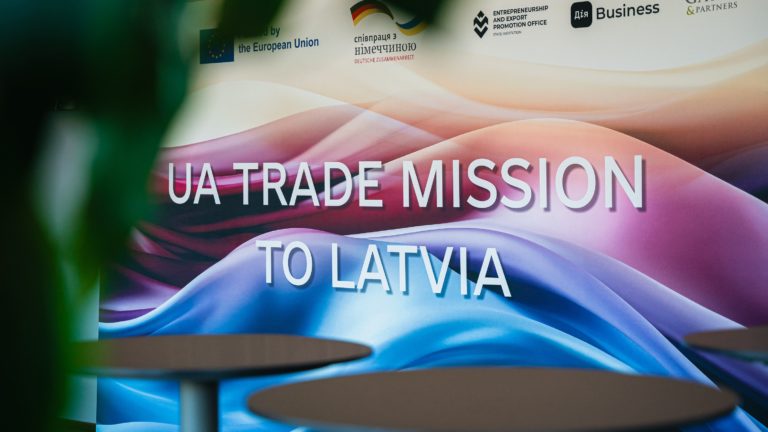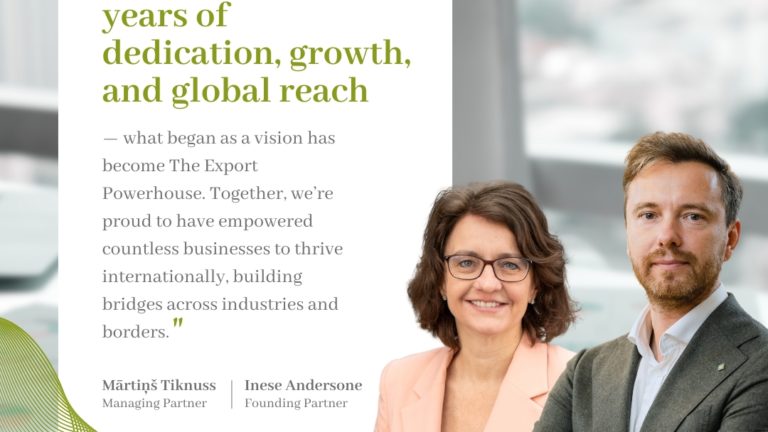Moldova, a country landlocked between Romania and Ukraine with only 3,5 million inhabitants, has long been silent of its grand agricultural resources and great industry outsourcing possibilities. However, the situation is bound to change as GatewayBaltic with the support of World Bank is working on Moldovan Investment and Export Promotion Organization’s (MIEPO) export strategy development for 2015-2016. If you are currently considering outsourcing options and possibilities, Moldova could be exactly what you are looking for.
Main industries
Moldova’s economy is currently based on agriculture and food processing industries which are also the most export-orientated industries in Moldova, constituting more than 50% of all country’s exports (UN Comtrade). Moldova has excellent climate conditions for agricultural production, and local farmers can enjoy high yields of fruits and vegetables, which can be exported as they are or used in food processing such as canning, drying, freezing and similar industries. Besides, Moldova has also a competitive textile industry with companies working with many high quality European brands such as Maxx Mara, Gerry Weber, Tommy Hilfiger, Barbour, Trussardi and many more. Also machinery and automotive industry has recognized Moldova’s skilled labour, with such giants as Gebauer & Griller, DRA Draexlmaier Automotive and Steinel recently opening production plants in Moldova. Regarding services, IT industry can be emphasized as among the most perspective sectors, showing record high growth and receiving significant international donor and local government support.
Competitive advantages
The first and obvious advantage lies in the fact that production costs in Moldova, including utility payments, rental and labour costs, are significantly lower than in other European countries and the often used, blunt title of “Europe’s poorest country” might not actually be as unfavourable as it may seem at the first glance. The second significant advantage lies in Moldova’s geo-economical location which allows fast delivery to Central European destinations and also grants the possibility of additional raw material imports (e.g., from Turkey and Ukraine), if necessary for large capacity production plants. Moreover, Moldova on its own can boast with its abundance of raw materials in the food industry – ample amounts of fruits, vegetables and cereals waiting to be processed – and skilled human resources in machinery, textile and IT industries.
Open borders with the EU
Even though Moldova is still economically closely connected to Russia, the situation has started to change, as this summer Moldova along with Ukraine and Georgia signed Association Agreement (AA) with the EU. Most importantly, the AA included Deep and Comprehensive Free Trade Area (DCFTA) agreement meaning a gradual transfer to free trade between Moldova and the EU member states as well as EEA participants. Not only this implies alleviated trade matters for any European investors, but also exhibits Moldova’s interest in political association with European values and standards of transparency, democracy and strong rule of law. According to European Atlas data, the percentage of people that rank Europe as the first or second most important group to which they belong in Moldova is the highest in all Eastern Europe.
If you are interested to examine Moldova’s business possibilities in more detail, do not hesitate to contact any of GatewayBaltic consultants. Whether it is sourcing from Moldova, selling to Moldova or considering moving part of your operations there, we are here ready to advise you and assist with practical matters.


